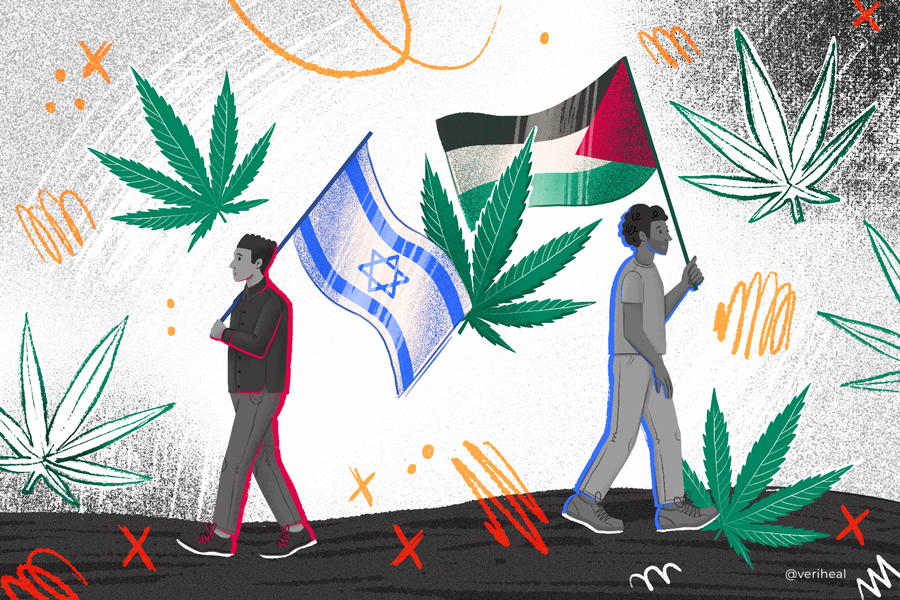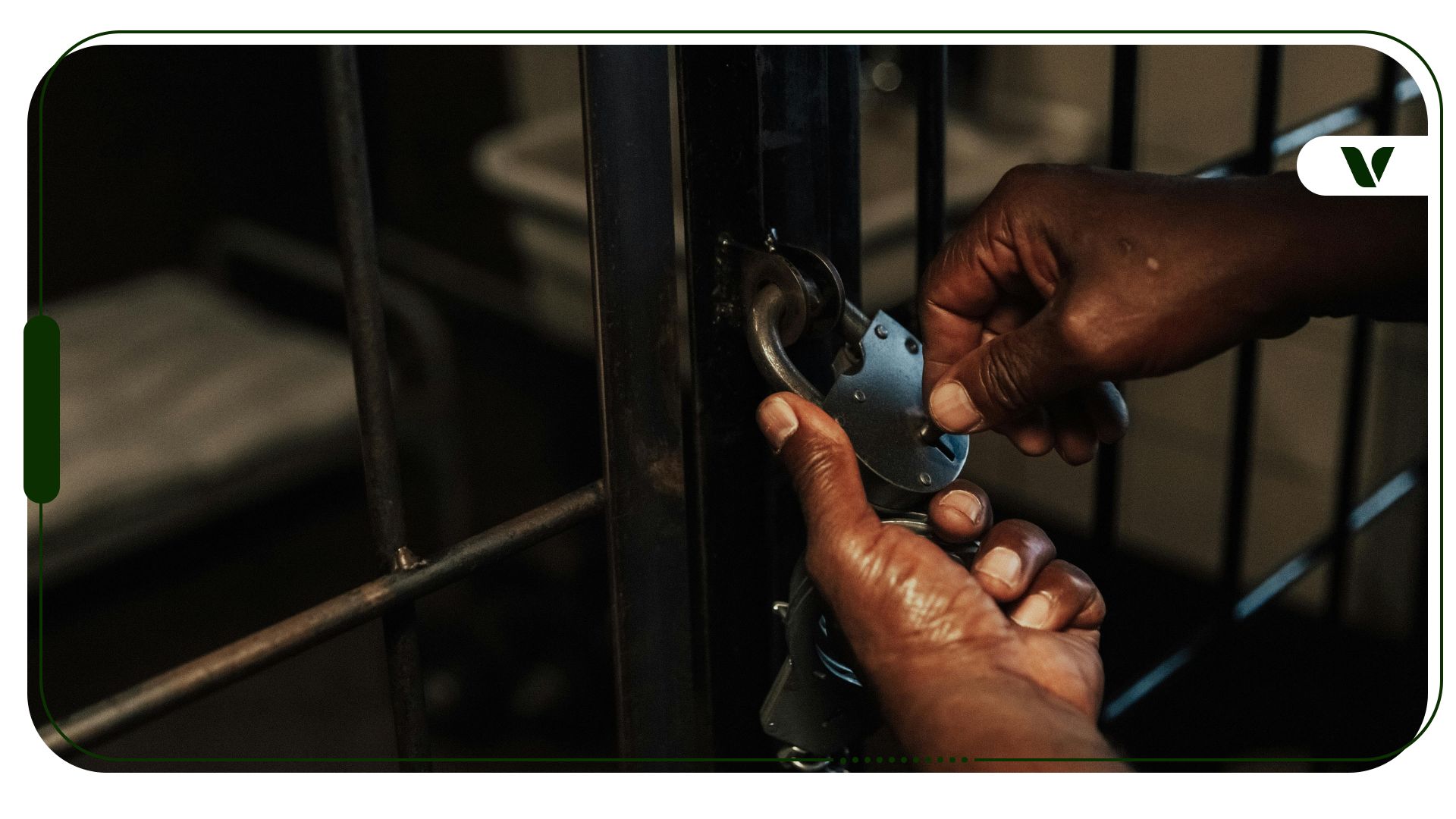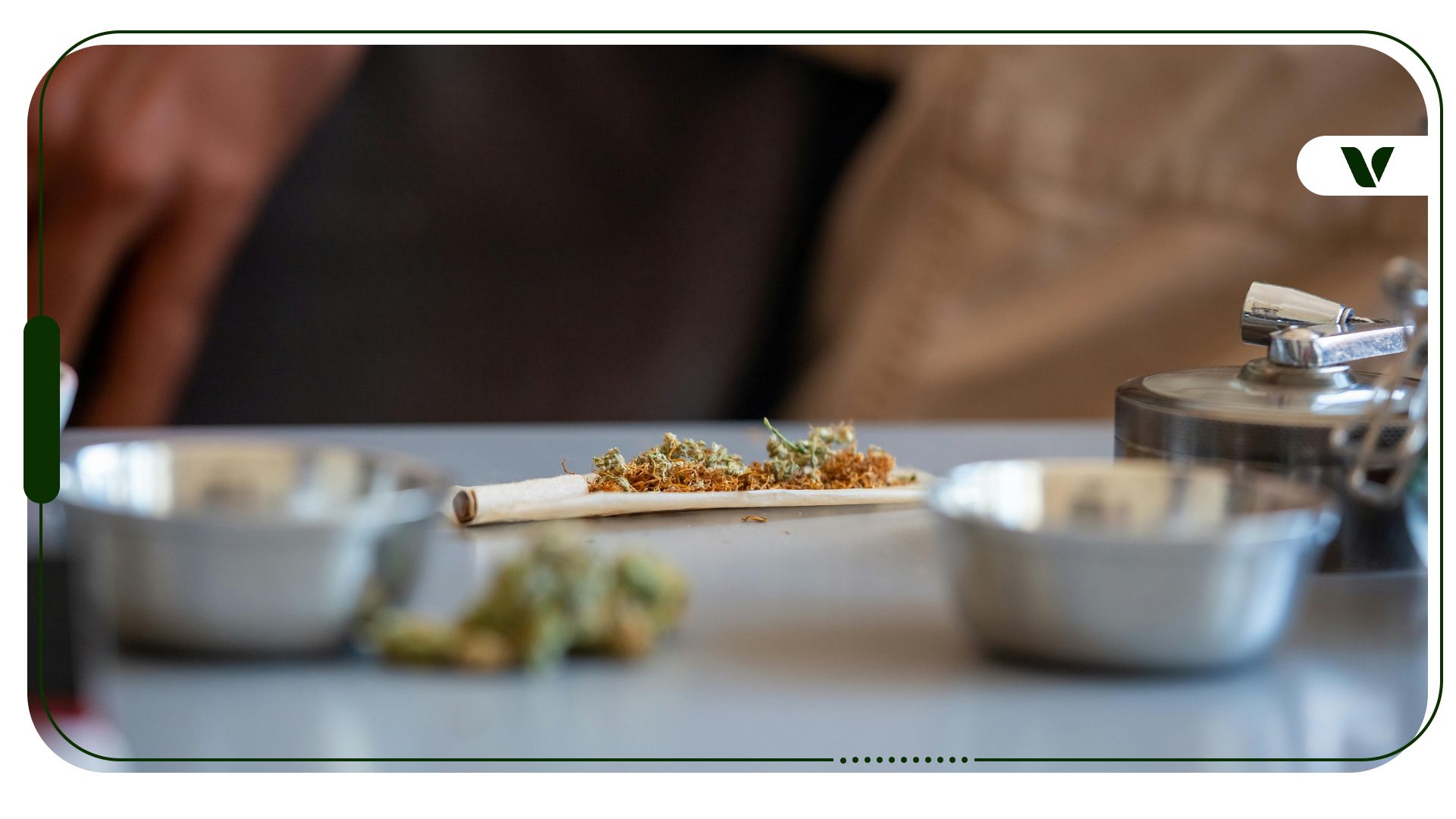Cannabis regulations in the United States are confusing—but nothing compared to those of Israel and Palestine. The conflict between Israel and Palestine dates back to the 1940s. In 1947, the United Nations adopted Resolution 181, the Partition Plan, which sought to divide the British Mandate of Palestine into Arab and Jewish states.
In May of 1948, the State of Israel was created, sparking the first Arab-Israeli War. The war ended in 1949 with Israel’s victory. This led to 750,000 Palestinians being displaced, and the territory was divided into three parts: the State of Israel, the West Bank (of the Jordan River), and the Gaza Strip. Due to the ongoing conflicts and unrest, the laws in the territories are not fair and equal for all.
Israel: A Global Leader in Cannabis Research
Scientists from the Hebrew University of Jerusalem are credited with isolating tetrahydrocannabinol (THC) and the endocannabinoids 2-AG and anandamide. This has given Israel a well-earned reputation as a global leader in cannabis research.
Medical marijuana was formally legalized in 1999 in Israel but remains illegal in Palestine. In 2020, the number of registered patients reached over 70,000. Israel surpassed Germany as the world’s largest importer of medical cannabis flower. In July 2021, Israeli lawmakers rejected a bill decriminalizing recreational marijuana use.
Conflicting Regulations Have Created ‘Weed Apartheid’
The disparity in treatment for Palestinians and Israelis regarding cannabis constitutes a facet of this system that might be called “weed apartheid.” The overlap of different jurisdictions and authorities leads to unequal treatment and justice for those breaking cannabis laws. Omar Shakir, Human Rights Watch’s Israel and Palestine director, stated:
“You have an underlying reality in which Jewish Israelis, no matter where they live, are governed under a single regime and have the same legal rights, while at the same time Palestinians living in the same territory are governed under different sets of legal rules.”
A Palestinian and Israeli breaking the same law in the same place in the West Bank, for instance, will be dealt with by different security forces and processed in different legal systems. Palestinian residents of East Jerusalem and Palestinian citizens of Israel are allowed to travel freely between the West Bank and Israel, so they have access to the same cannabis as Jewish Israelis. Palestinians from the West Bank need permits to cross the checkpoints that separate them from East Jerusalem and Israel.
Aside from legal repercussions, the inequalities between growers, producers, and sellers are huge between Israeli and Palestinians. Israeli cannabis growers take advantage of the West Bank’s dual regime and only the Palestinians pay. For many years, Israel has been restricting water from Palestine. This makes a successful cultivation grow for Palestines unlikely.
Author, Share & Comments









